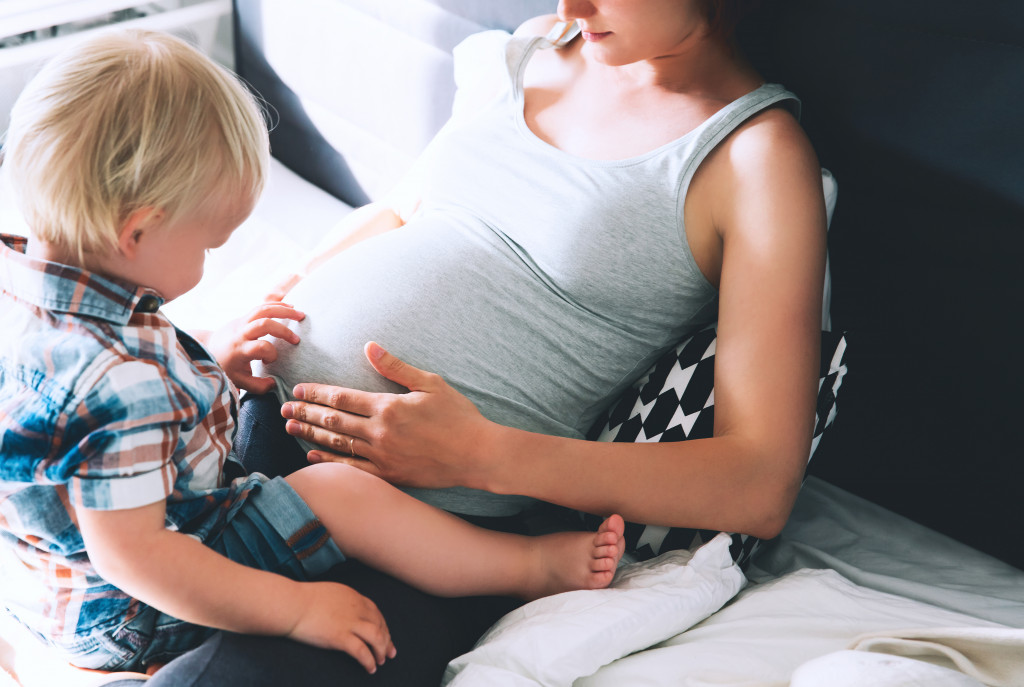Pregnancy involves physical, hormonal, mental, and emotional changes that vary among women.
- Proper prenatal care, including regular doctor check-ups, is crucial for a healthy pregnancy, labor, and delivery.
- Labor and delivery differ for each woman and are influenced by several factors, including the baby’s size and position and the mother’s health.
- Postpartum care involves managing common issues like postpartum bleeding and weight gain and raising the child with good care, support, and self-care practices.
Pregnancy is a beautiful and exciting journey that deserves to be cherished. Millions of women in the U.S. get pregnant annually. However, not everyone is an expert on the subject, and many myths and misconceptions surround it. Here are some essential things you need to know about pregnancy.
What Happens During Pregnancy?
Pregnancy is when a woman carries a developing fetus in her uterus. During the nine months, many changes happen to the mother and the baby. Here are some things you need to know about that:
Physical Changes
Various physical changes occur during pregnancy. These include nausea and vomiting, fatigue, backache, abdominal cramping, breast tenderness, increased appetite, and weight gain. The growing baby contributes to the mother’s increasingly large belly size.
It’s also important to see signs of lactation. You must start to see signs of lactation during your pregnancy. This can help you prepare for breastfeeding. Contact a lactation consultant if you’re not lactating by the end of your pregnancy. These consultants can check for any issues and provide strategies to help get your breastfeeding journey off to a successful start.
Hormonal Changes
Hormones play an essential role in a successful pregnancy. During pregnancy, your body releases large amounts of progesterone and estrogen. These hormones help control the development of the fetus and prepare the mother’s body for childbirth.

Mental Shifts
Your mental state can also go through changes during pregnancy. These changes are often related to the hormones in your body and can cause mood fluctuations. It’s important to stay mindful of these shifts and take the time for self-care. One known mental disorder for pregnant women is post-partum depression.
This kind of depression can occur after the baby is born and can last for weeks or months. It’s important to recognize the signs early and seek help from a medical professional if needed.
Emotional Shifts
Lastly, pregnancy can also bring about emotional changes. You may sometimes feel overwhelmed or scared, but it’s important to remember that these feelings are normal and temporary. It can help to talk with a partner, family member, or friend about your feelings.
Prenatal Care
It is essential to get proper prenatal care during pregnancy. It involves regular doctor check-ups, monitoring the baby’s development, and addressing potential complications. The healthcare provider might also suggest a balanced diet, exercise, and rest and prescribe prenatal vitamins, folic acid, and iron supplements. Good prenatal care is crucial for a healthy pregnancy, labor, and delivery.
Labor and Delivery
Labor and delivery are different for every woman, but they mark the end of the pregnancy journey. It begins when the uterus begins to contract, which causes the cervix to dilate. This leads to the pushing stage, where the mother pushes the baby out of the birth canal. Several factors affect the labor and delivery process, such as the baby’s size and position, the mother’s health, and any complications.
Postpartum Care
After the delivery, the recovery begins, and the mother’s body adapts to specific changes. Here are some of them:
Postpartum Bleeding
One of the most common postpartum issues is postpartum bleeding. This occurs when the uterus contracts and expels any leftover tissue from the pregnancy. It can last anywhere from a few days to several weeks. It’s important to follow your doctor’s advice on managing this symptom.
Weight Gain
During pregnancy, the mother will gain some weight as the baby grows. This can be a concern for many women, and it’s important to note that not all this weight is lost after delivery. Focusing on eating healthy foods and taking part in light exercise is essential to get back into pre-pregnancy shape.
Raising the Child
Lastly, raising the baby is one of the most critical aspects of postpartum care. It involves taking good care of yourself and your child, understanding the needs and wants of a newborn, and ensuring that they have everything they need to grow up healthy.

Enjoying Motherhood
Motherhood begins with the baby’s birth and continues throughout the child’s life. It is an exciting and challenging journey that brings immense joy and fulfilling moments. However, it also brings many questions, decision-making, and hard work. Finding a support system, seeking help when needed, and prioritizing self-care will enable a mother to enjoy the journey of motherhood and cherish the moments.
Overall, pregnancy is an incredible journey with many changes that come along with it. While exhausting, it is a source of joy and fulfillment. Getting proper prenatal care, taking good care of yourself during labor and delivery, and understanding your baby’s needs after birth is essential. With patience and care, you can enjoy this beautiful journey.


